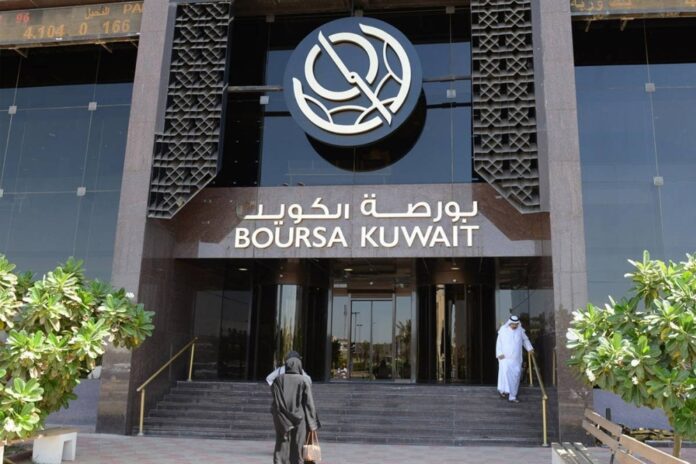KSE is constantly developing says Al-Shall weekly report

In addition to its continuous improvement in global indices and the stability of the volume of foreign investment and despite the turmoil in the general environment, the Al-Shall weekly report says the Kuwait Stock Exchange is subject to an internal screening process from within.
The report indicated that in 2020, the number of listed stock exchange companies was 171, almost half of which did not have the minimum acceptable amount of liquidity, which required a movement to slim down or reduce that number, and the result was a continuous decrease in the number of its companies to 167 in 2021 and then to 155 companies in 2022, then to 149 companies in 2023, and the liquidity of many of their companies is still scarce, which makes it likely that the slimming process will continue, reports Al-Qabas daily.
Despite a 13% reduction in the overall number of listed companies over the past three years, the first market has demonstrated sustained growth, marked by a decline in quantity and an enhancement in quality.
Companies in the first market adhere to superior specifications and standards, with the count increasing from 20 companies in 2020 to 31 companies and a projected rise to 33 companies in 2024. This growth reflects a strategic approach, promoting companies with higher capital value, transparency, periodic analysis, and superior liquidity.
The report indicated that the Premier Market’s contribution to the number of listed companies rose from 11.7% in 2020 to approximately 20.8% at the end of 2023. Contrarily, the Premier Market’s contribution to the capital value of the KSE in 2023 reached about 78.6%, and its contribution to the stock market’s liquidity was approximately 79.1%. This disparity highlights the superior quality and value of the First Market components, despite its smaller numerical contribution.
While the premier market achieved notable gains in capital value over two of the past three years, the main market experienced losses in two of the past three years. The report underscores the need to enhance liquidity and quality in main market companies, advocating for a reduction in their numbers.
The report acknowledges the challenging global, regional, and local business environment over the past four turbulent years, impacting the performance of the Kuwait Stock Exchange, particularly for main market companies. The decline in stock market liquidity by approximately -29.5% in 2023 compared to 2022 contributed to a -6.5% reduction in the general index of the Kuwait Stock Exchange by the end of 2023.
Despite the logic that share prices should rise with increased liquidity, the majority of listed companies exhibit a considerable gap between market prices and book values. Analysis reveals that 40.3% of listed companies have market prices exceeding their book values, while 59.7% are sold at a discount, including 16.8% facing a significant gap of 50% or more.
The report also highlights the significant deviation in the stock market’s liquidity, with 79.1% directed towards the first market in 2023, up from 73.2% in 2022. Notably, 50% of the companies in both markets received nearly 99% of the stock market’s liquidity, emphasizing concentration. The report concludes that the gap between market and book prices reflects environmental risks, and rising interest rates contribute additional pressure, all considered temporary justifications.













